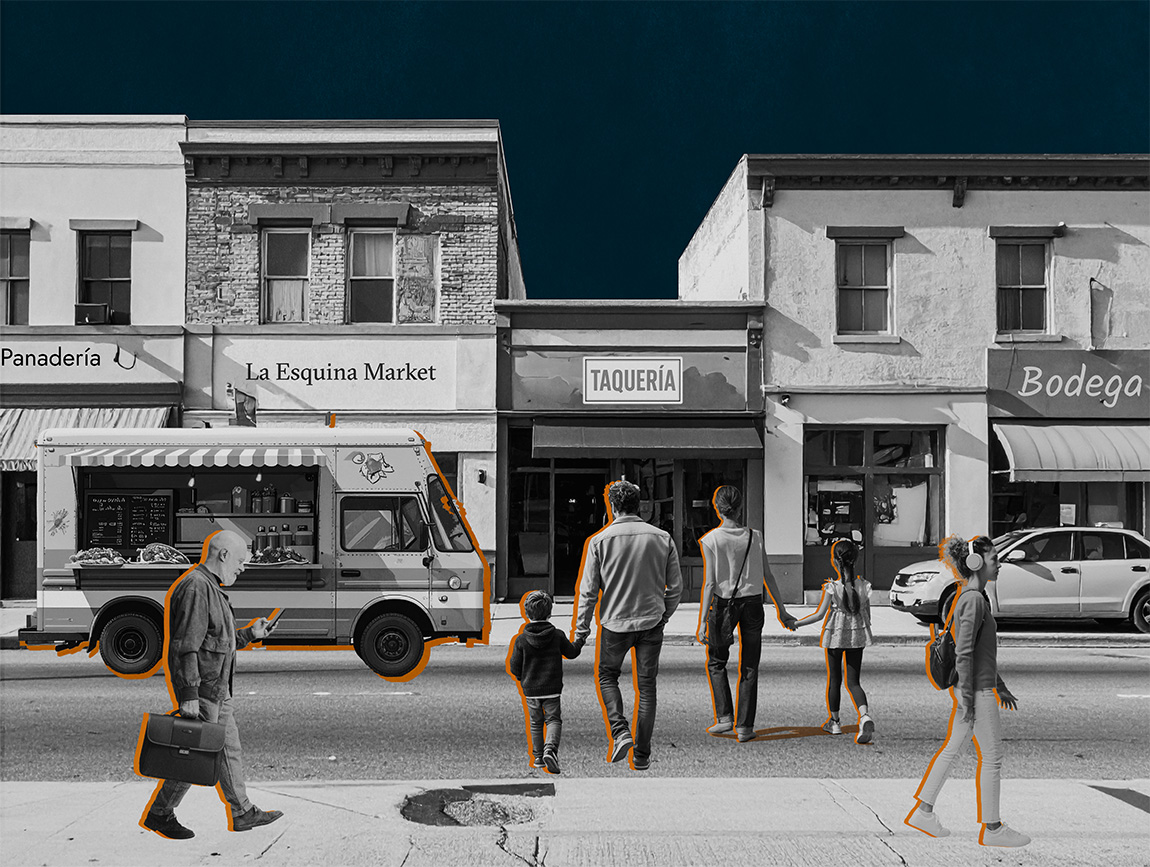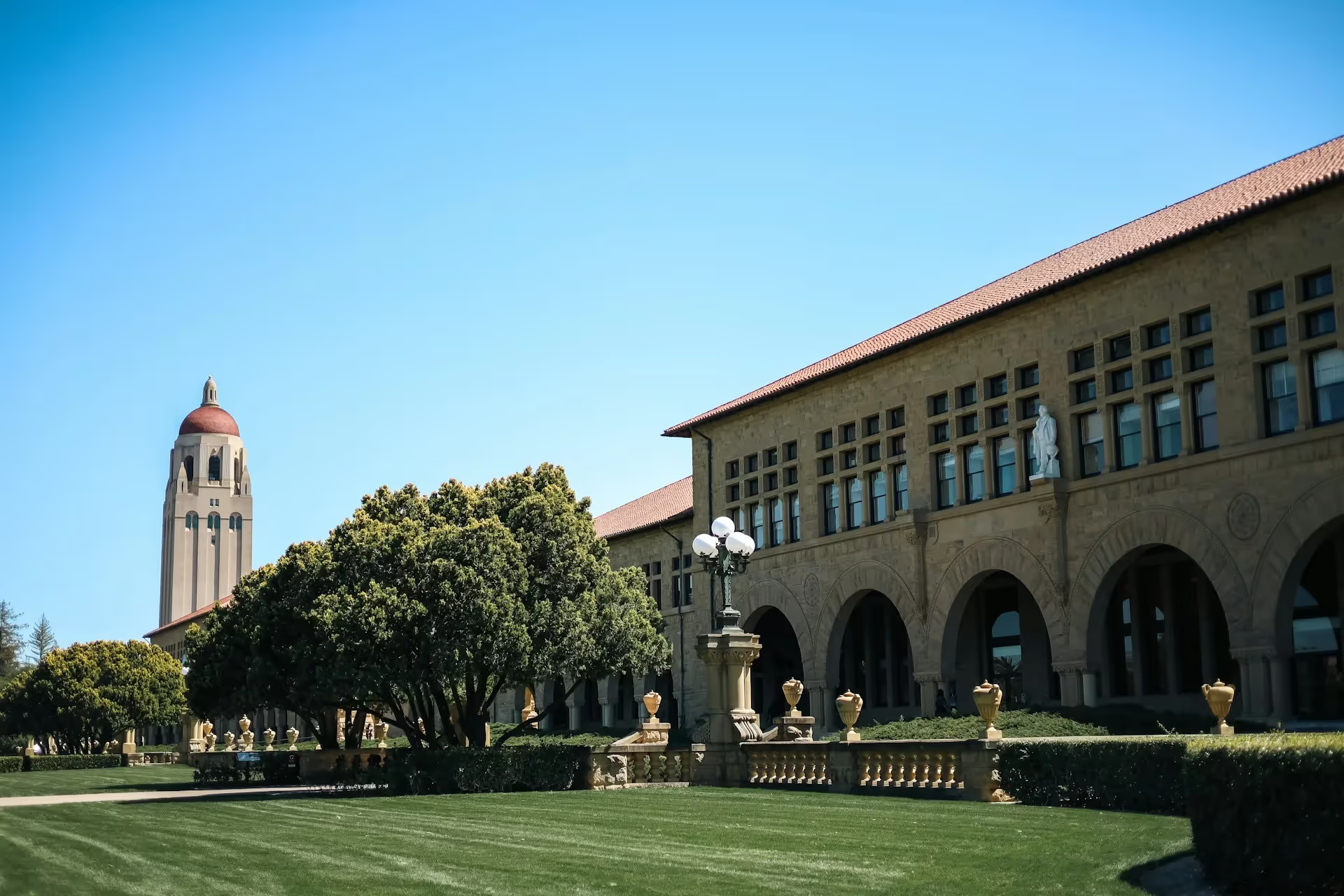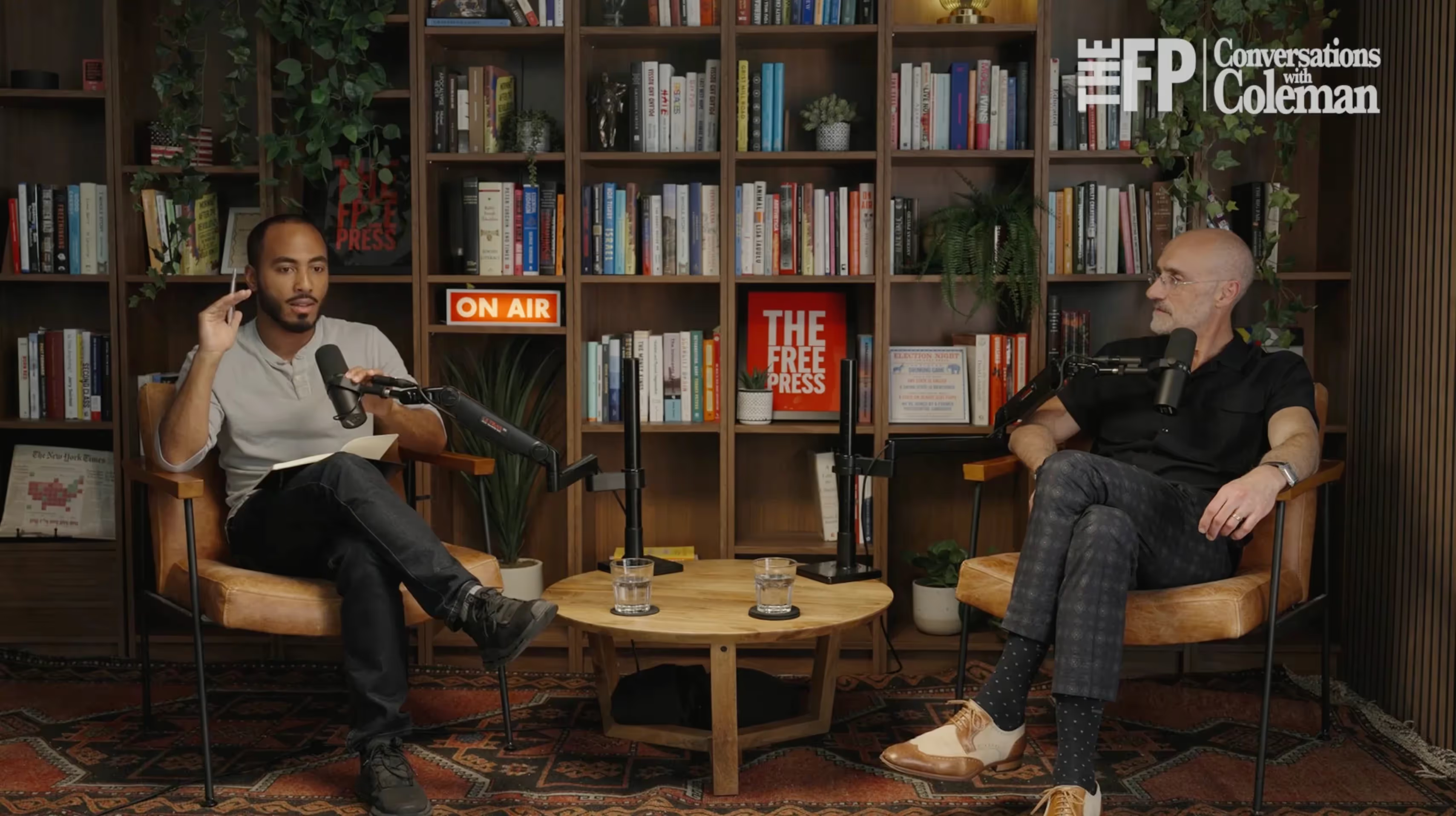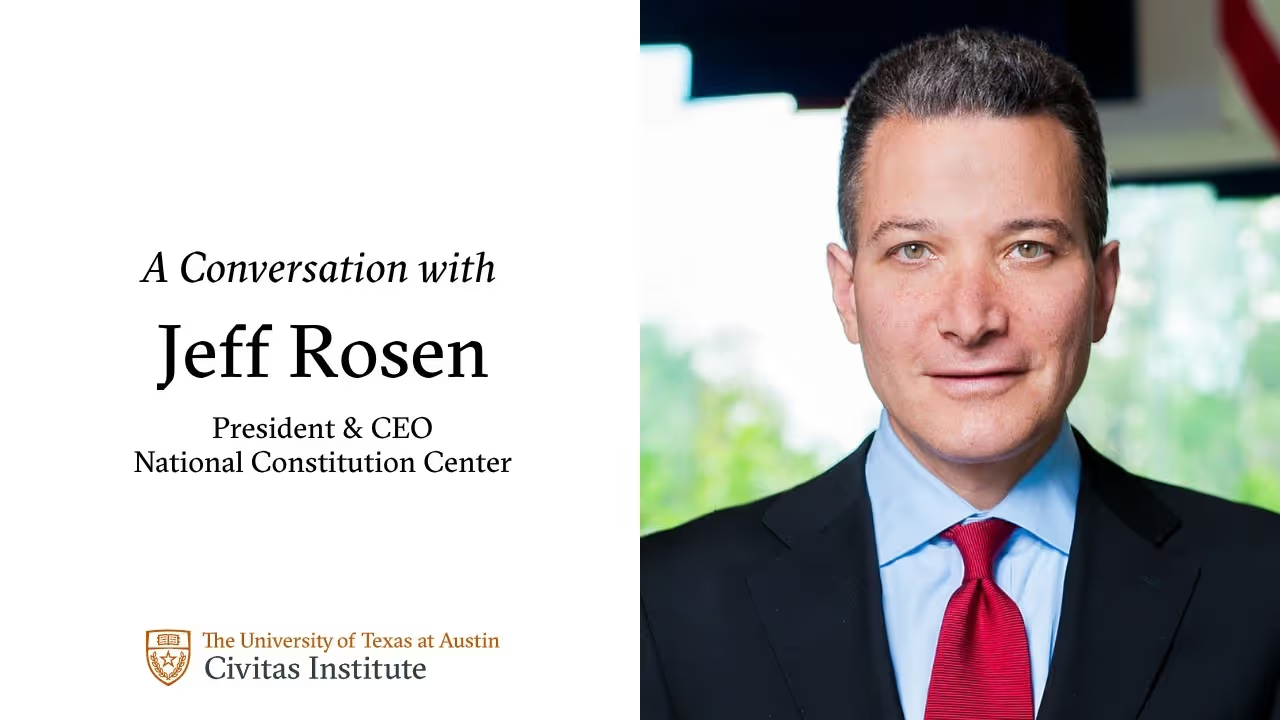
Beware the New Eugenics
Who decides what humans become?
Visionaries, dreamers, and autocrats have long dreamt of reshaping humanity to their preferred model. In the last century, eugenics was enthusiastically embraced among Anglo-Saxon elites, then by Communist Russia as a means of creating a hyper-selfless Homo Sovieticus, and, most infamously, Nazi Germany’s drive to create a “master race” via racial-hygiene laws and the extermination of people with disabilities and other “lives unworthy of life.”
Eugenics, a policy that seeks to “improve” humanity, dismisses the importance of bestowing a sense of worth and dignity to all individuals in the quest of breeding only “the finest”. Today, our expanding knowledge of genes and demographics has created eugenic possibilities far beyond those of the last century. Once rejected largely due to Nazi atrocities, eugenics is being embraced by both the Left and Right. Yet its beating heart lies not in politics, but in tech-driven approaches that reflect, as New York Marxist academic David Harvey called it, “a fetishism of technology” that transcends conventional politics.
In a way that past eugenicists could only dream, technology now opens the possibilities of engineering something far more radical than sterilizing the weak and giving bonuses to those with the right genetic inheritance. Instead, the looming prospect of an entire biological transformation emerges. For half a century, scientists have been dreaming of engineering humans to better specs before conception, as they look to edit genes to produce “superior” offspring.
Pursuit of Happiness

The Rise of Latino America
In The Rise of Latino America, Hernandez & Kotkin argue that Latinos, who are projected to become America’s largest ethnic group, are a dynamic force shaping the nation’s demographic, economic, and cultural future. Far from being a marginalized group defined by oppression, Latinos are integral to America’s story. They drive economic growth, cultural evolution, and workforce vitality. Challenges, however, including poverty, educational disparities, and restrictive policies, threaten their upward mobility. Policymakers who wish to harness Latino potential to ensure national prosperity and resilience should adopt policies that prioritize affordability, safety, and economic opportunity over ideological constraints.

Exodus: Affordability Crisis Sends Americans Packing From Big Cities
The first in a two-part series about the Great Dispersion of Americans across the country.

The AI Future: Between Certain Doom and Endless Prosperity
AI continues to become more complex and sophisticated, but public policy solutions do not.

The Castle, the Cathedral, and the College
Our civilization struggles to explain why anything should command allegiance beyond preference or power; its remnants echo a grandeur now distant.

















